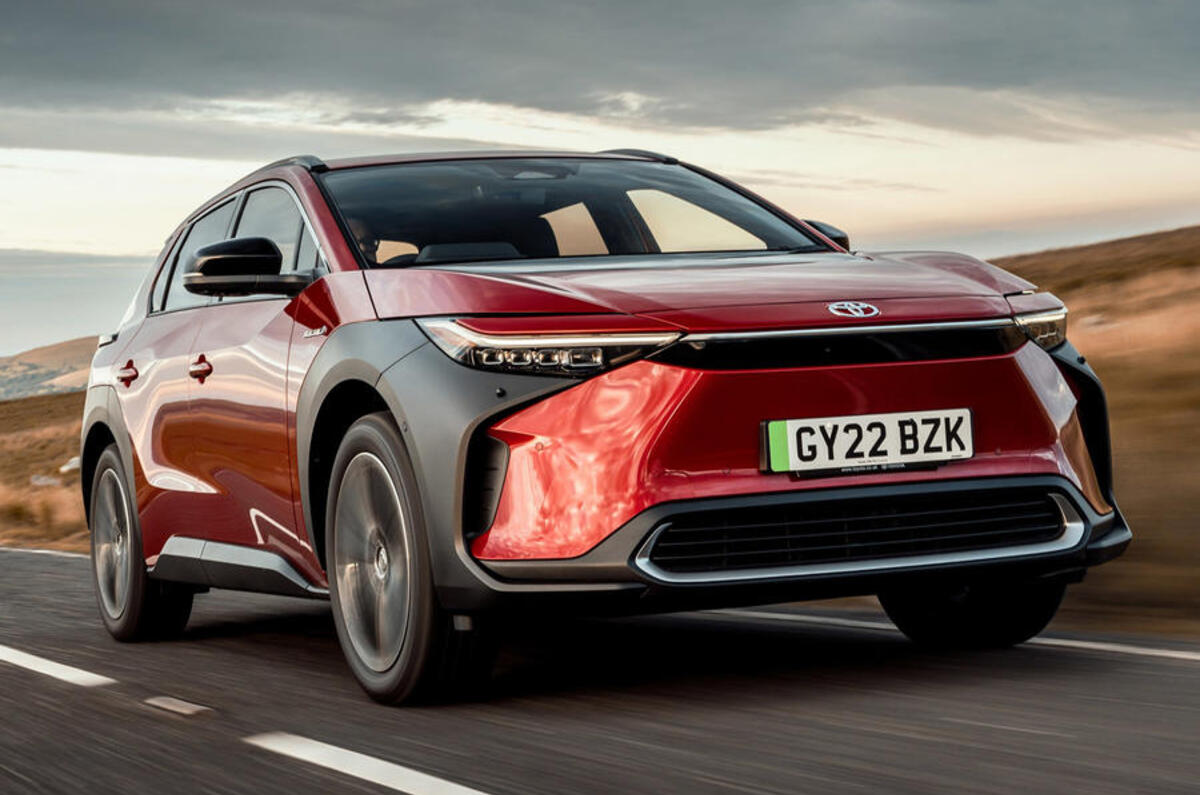Issuing company car tax bands beyond April 2025 must be a priority at the Autumn Budget to reassure businesses and drivers that incentives for electric vehicles are long-term, the fleet sector has warned.
Company car tax in the UK is based on a percentage of the vehicle’s list price (P11D) weighted against models with higher CO2 emissions, and this ‘taxable value’ underpins both benefit-in-kind (BIK) tax for drivers and Class 1A National Insurance Contributions for their employer.
These bands are usually issued at least three years in advance, offering some certainty of tax bills for the duration of a typical business lease.
Ultra-low bands for cars emitting less than 50g/km CO2 were introduced in April 2020 and have been frozen at 2022/23 rates until April 2025. This means EV drivers will pay tax on 2% of the list price, compared with 25% or more for most petrol, diesel and hybrid models.
It’s a powerful incentive: two thirds of new electric cars were registered to fleets and businesses in 2021, according to the Society of Motor Manufacturers and Traders (SMMT).
However, with no indication yet of what the tax bands will be beyond April 2025, the British Vehicle Rental and Leasing Association (BVRLA) is concerned that businesses are facing uncertain tax bills for cars that will still be on fleet after that date.
BVRLA chief executive Gerry Keaney has called for any tax increases to be steady and to retain incentives for EVs.
“The uncertainty caused by the lack of foresight beyond 2024/25, or by seeing a sudden jump in rates, will cause the growth of EVs to stall," he said. "This needs to be addressed by the chancellor in the Budget this autumn.
“As we weather the cost-of-living crisis, drivers need to know what their tax bills will be.
"The government needs to keep up the fragile momentum it has created in the face of the current economic headwinds. Now is not the time to accelerate tax rises.”
Businesses have reason to be cautious. Following the 2015 Dieselgate emissions scandal, the Treasury decided against scrapping the 3% point diesel company car tax levy with less than six months’ notice, then raised it to 4% points from April 2018. Both decisions raised tax bills for vehicles that were already on the road.
Paul Hollick, chairman of the Association of Fleet Professionals (AFP), has similar concerns, especially as long lead times for new vehicles could mean some will still be on fleet in 2027/28.
“We're concerned that similar moves [to the recent removal of the Plug-in Car Grant] may be made around benefit-in-kind taxation from the middle of the decade, which is an area where we feel there very much needs to be a soft landing over time," he said. "If the sums for operating EVs don’t stack up, adoption could very well slow down."






Join the debate
Add your comment
How much more the TAX payer needs to pay for that thing that called EV cars?
About time owners of company EVs paid the going rate. Best solution would be a mileage rate so those who use the roads pay accordingly!